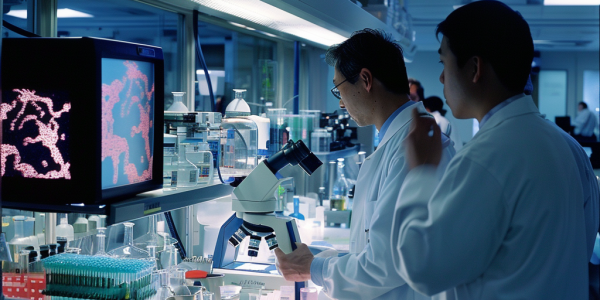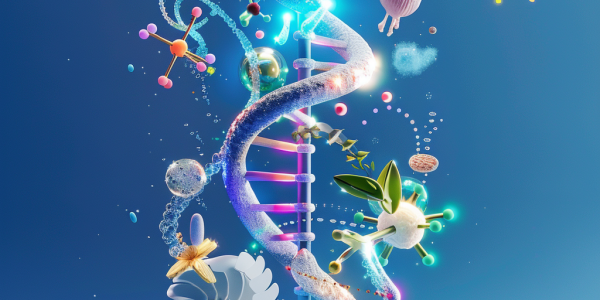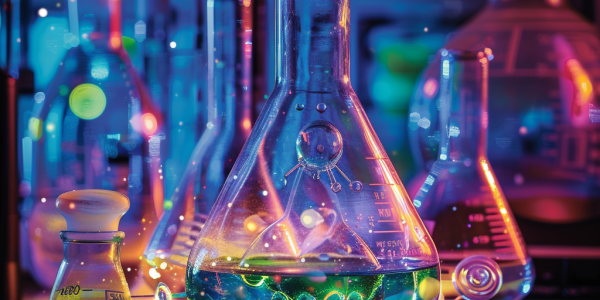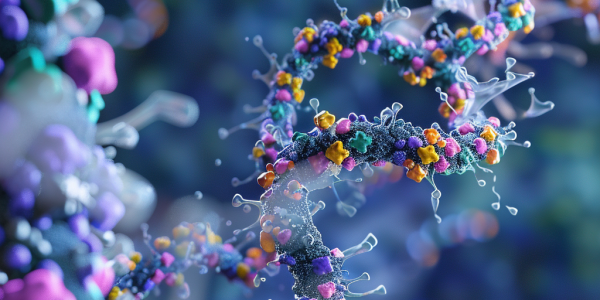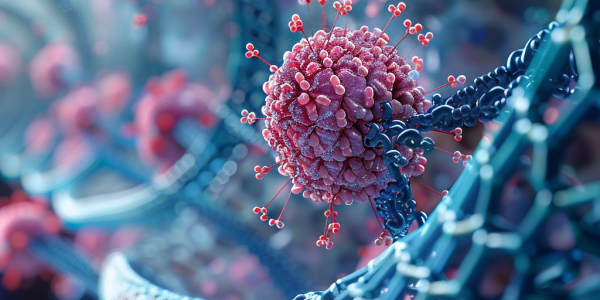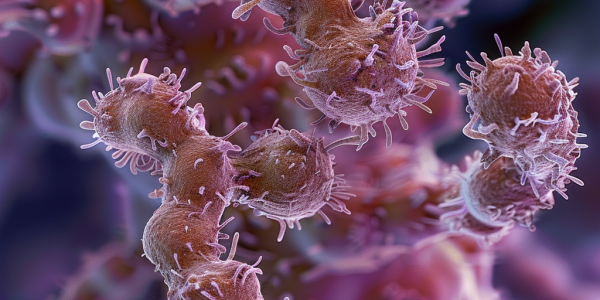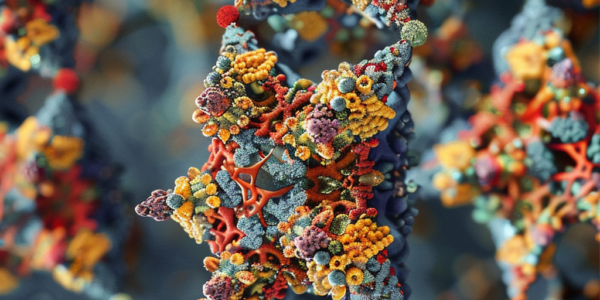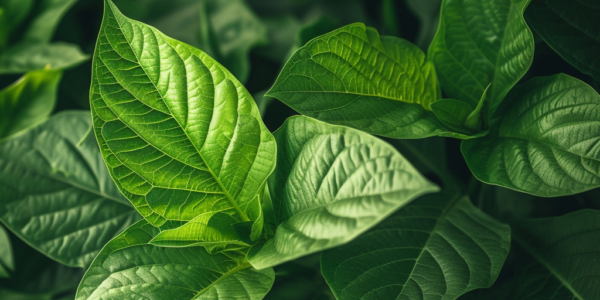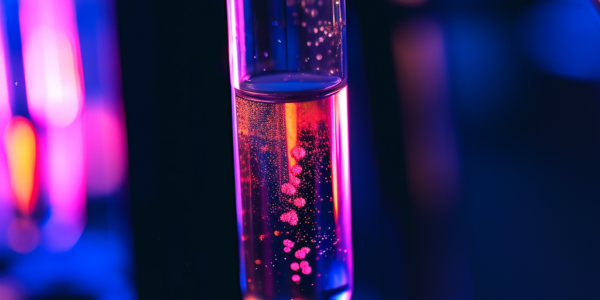Breakthrough Study Reveals Molecular Mechanisms of Sleep Regulation
Recent research from the University of Tokyo reveals critical insights into sleep regulation mechanisms in mammals, highlighting the roles of protein kinases and phosphatases. The study, published in Nature, demonstrates how enzymes like PKA promote wakefulness while PP1 and calcineurin facilitate sleep. These findings could pave the way for new treatments for sleep disorders, addressing the widespread issue of sleep deprivation in society.
Study Reveals USP50’s Key Role in DNA Replication and Genome Stability
A groundbreaking study published in Nature Communications reveals the crucial role of the protein USP50 in DNA replication. Led by Professor Jo Morris from the University of Birmingham, the research highlights how USP50 regulates essential enzymes, ensuring smooth DNA replication and maintaining genetic stability. This discovery could pave the way for new approaches in treating genetic disorders and cancer.
Illinois Researchers Develop Eco-Friendly Method for Sustainable Chemical Production
Researchers at the University of Illinois Urbana-Champaign have pioneered a sustainable method combining light and enzymes to produce high-value chemicals. This eco-friendly approach, highlighted in the journal Science, leverages fluorine to enhance olefins used in various industries, including agrochemicals and pharmaceuticals. Led by Huimin Zhao, the study promises to revolutionize chemical production while minimizing environmental impact.
Enzyme Research Reveals Side Effects of Cancer Drugs
Enzyme research at the University of Würzburg uncovers why certain cancer drugs cause severe side effects, focusing on the interaction between the enzyme USP28 and inhibitors. The structural similarities between USP28 and USP25 pose challenges in drug development, leading to unintended targeting and potential side effects. Precision in developing USP28 inhibitors is crucial to avoid cross-reactivity and ensure effective cancer therapeutics.
Innovative Nanocage System for Sustainable Cancer Drug Delivery Developed by Researchers
Researchers have developed an innovative nanocage system for sustainable cancer drug delivery, utilizing proline and metals like palladium to target tumors while minimizing side effects. This novel method could revolutionize drug delivery by offering a more precise and adaptable approach compared to traditional methods, potentially replacing faulty enzymes in the body and reducing inflammation levels.
Gut Bacteria Found to Produce ABO-Universal Blood Enzymes
A recent study published in Nature Microbiology reveals that Akkermansia muciniphila possesses exoglycosidases capable of converting blood group antigens to produce ABO-universal blood, offering a promising solution to streamline blood logistics and reduce the risk of ABO-mismatched transfusions. This research highlights the potential of gut bacteria like Akkermansia muciniphila as valuable sources of enzymes for universal blood production, emphasizing the importance of leveraging microbial enzymatic pathways to enhance transfusion safety.
Natural Protein Citrate Synthase Self-Assembles into Fractals, Study Shows
A recent study published in Nature has reported the emergence of a natural protein, citrate synthase from the cyanobacterium Synechococcus elongatus, which self-assembles into Sierpiński triangles. The research utilized cryo-electron microscopy to reveal how the fractal assembles from a hexameric building block and found that different stimuli can modulate the formation of fractal complexes. Despite the discovery, the study suggests that the fractal may not serve a physiological function in vivo, but the discovery of a natural protein self-assembling into fractals sheds light on the potential complexity and beauty of molecular-scale structures in nature.
Enzymes for Anti-Cancer Drug Synthesis Discovered
Synthetic production of the naturally occurring anti-cancer medicine paclitaxel may be one step closer with the discovery of the enzymes responsible for producing baccatin III, a complex precursor in the biosynthesis of the drug. Previous methods for synthesizing paclitaxel in…
Enzyme for Biocatalysis Uses Solvent as a Substrate
Enzyme for biocatalysis uses solvent as a substrate Formate dehydrogenase, a key enzyme in biocatalytic processes, has been found to have the capability to use formamides as both solvent and substrate in a groundbreaking new discovery by researchers at Ruhr-University…

